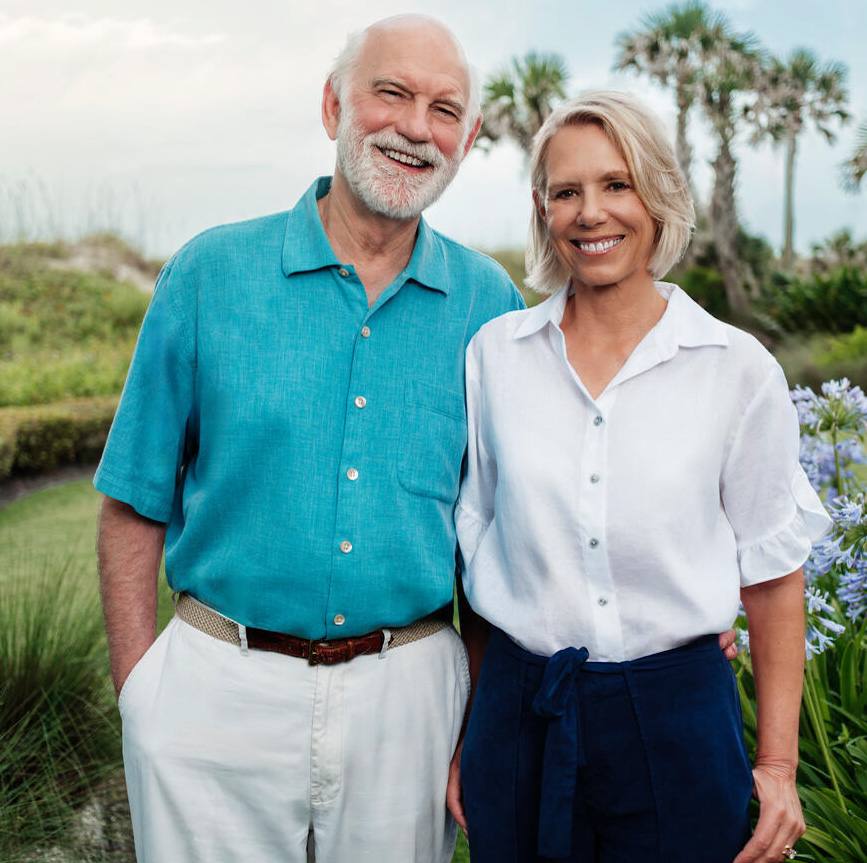-
Mayo Clinic Minute: 3 things to know about home genetic testing
Home genetic testing is growing in popularity around the world, and doctors at Mayo Clinic say it can be an educational asset as long as people understand what the tests do and don't do.
Journalists: Broadcast-quality video pkg (0:59) is in the downloads. Read the script.
"Most of these kits are what I would consider to be informational or infotainment," Dr. Matthew Ferber says.
Dr. Ferber runs a genetic testing lab at Mayo Clinic and sees home genetic tests as a good that help educate people.
"Genetics is a complex topic, but it doesn't have to be intimidating or scary," he says.
Dr. Ferber says there are three things to know about what these tests do and don't do.
First, they are great for finding out about who your ancestors were and where they were from. They are also good for finding others who share the same genes.
"You can actually find out that you have relatives that you didn't know existed," he says.
Second, many home genetic tests can also tell you what diseases or medical conditions you are predisposed to.
But the third thing to know is that home genetic tests do not diagnose diseases or medical conditions.
"I think that these tests, though they can provide some interesting medical insights, it's completely different than having a detailed medical evaluation and medical workup," Dr. Ferber says.
So if a home genetic test shows your DNA indicates a strong chance of developing breast cancer, for example, you should take that information to your doctor so they can perform more specific tests to see if you actually have breast cancer or just high odds of getting it at some point.
______________________________________________________________
Dr. Ferber will be moderating a panel discussion on home DNA kits at the 2017 Individualizing Medicine Conference: Advancing Care Through Genomics on Oct. 9 in Rochester. The discussion will also feature research by Dr. Robert Green who co-directs one of the first NIH-funded, prospective studies of direct-to-consumer genetic testing services.







